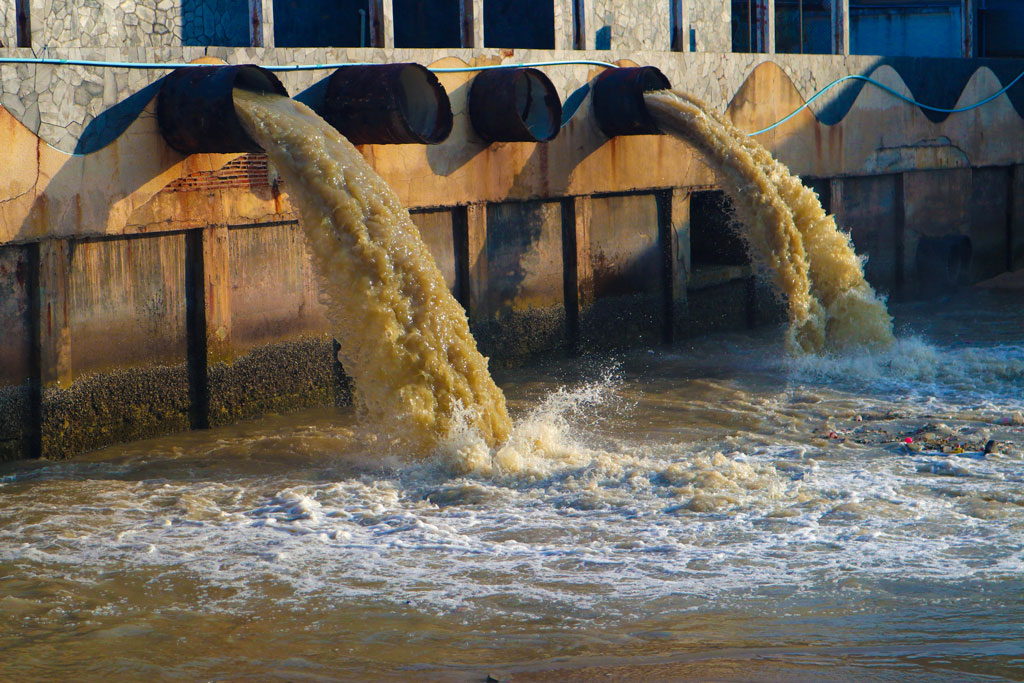Wastewater treatment plants rely on TSS sensors to monitor and control the concentration of suspended solids in effluent streams. High levels of TSS can impede treatment processes, reduce treatment efficiency, and lead to environmental non-compliance.
TSS sensors play a critical role in optimizing wastewater treatment processes by providing real-time data on suspended solids levels. By monitoring TSS concentrations, operators can adjust treatment parameters, optimize chemical dosing, and improve sedimentation efficiency, leading to higher treatment performance and reduced operating costs.
Furthermore, TSS sensors help wastewater treatment plants comply with regulatory requirements and maintain effluent quality standards. By continuously monitoring TSS levels, plants can identify potential issues early, implement corrective measures, and demonstrate compliance with discharge permits.
In conclusion, TSS sensors are indispensable tools for optimizing wastewater treatment processes and ensuring compliance with regulatory standards. By providing accurate and reliable data on suspended solids concentrations, these sensors help wastewater treatment plants improve efficiency, reduce environmental impact, and protect public health.

